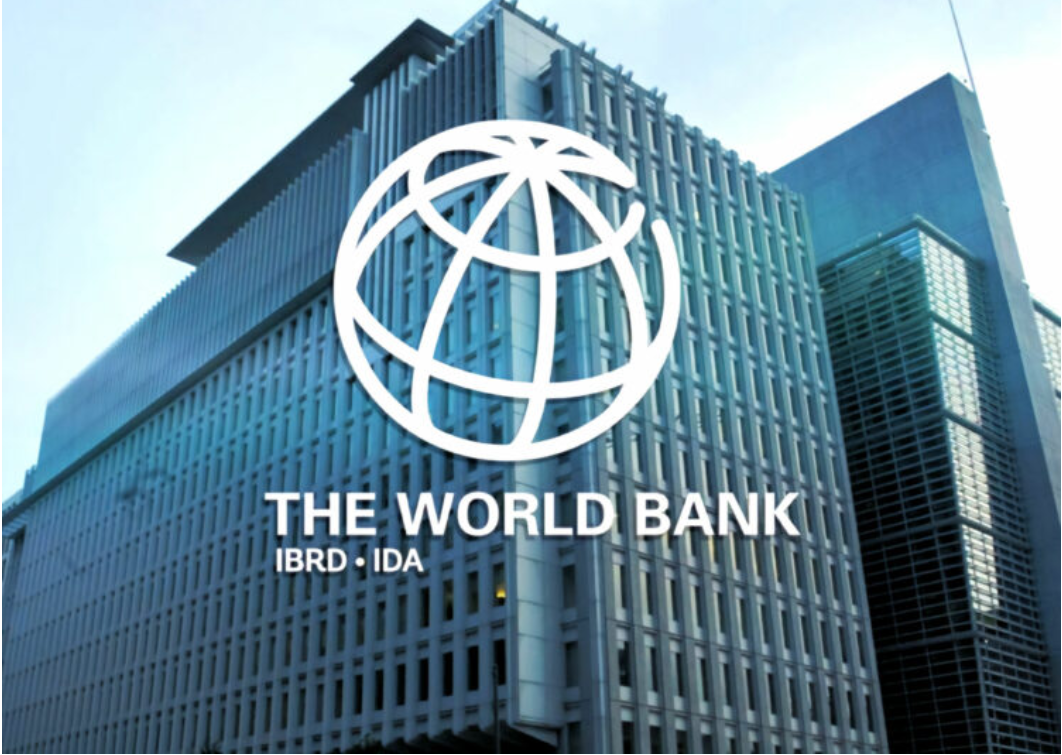By Jemimah Wellington, JKNewsMedia Reporter
ECONOMIC REFORMS in Nigeria are essential, according to Indermit Gill, the World Bank Vice President and Chief Economist.
Speaking at the National Economic Summit in Abuja, Gill acknowledged the hardships facing Nigerians but insisted that reforms are crucial for long-term stability.
He commended the Central Bank of Nigeria for unifying exchange rates, a move he believes could boost economic growth in Sub-Saharan Africa.
Gill emphasized the need for cost-effective safety nets to protect vulnerable populations. He noted that the current economic landscape has been challenging for many, especially the poor.
He pointed out that without sustained reforms, Nigeria risks failing to harness its potential.
He warned that the lives of millions depend on government support to navigate these difficulties.
The World Bank’s recent report highlights a troubling trend in extreme poverty within Sub-Saharan Africa.
While the region has seen a slight decline in poverty rates over three decades, the number of individuals living in extreme poverty has nearly doubled since 1990, largely due to crises like the ongoing civil war in Sudan.
The bank has revised its growth forecast for Sub-Saharan Africa down to 3% for 2024, attributing the adjustment to Sudan’s conflict, which has severely disrupted economic activity.
The region’s three largest economies—Nigeria, South Africa, and Angola—are facing significant slowdowns, averaging just 1.8% growth last year.
The World Bank warned that the unrest stemming from high living costs and governance issues in countries like Kenya, Nigeria, and Uganda poses additional risks.
It is crucial for policymakers to address these challenges to foster sustainable growth.
The report urges governments to prioritize non-oil exports and create job opportunities for the millions entering the workforce in the coming years.
Despite current difficulties, the World Bank anticipates that economic growth will rebound to 4% in 2025 and 2026, fueled by increased private consumption and investment as inflation stabilizes.
However, concerns about extreme poverty persist, with projections indicating that real income per capita in Sub-Saharan Africa will remain lower than pre-pandemic levels.
The report underscores the urgent need for effective governance and transparency to curb corruption, emphasizing the importance of addressing underlying issues that contribute to social unrest.





